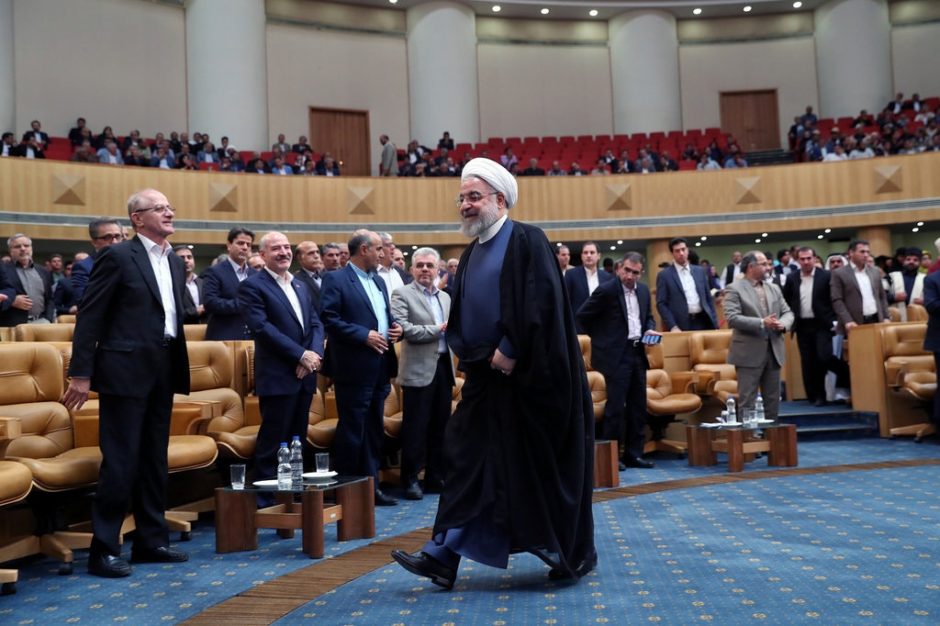U.S. President Donald Trump announced this week that, if “the circumstances were correct,” he would “certainly agree” to meet Iranian President Hassan Rouhani within weeks.
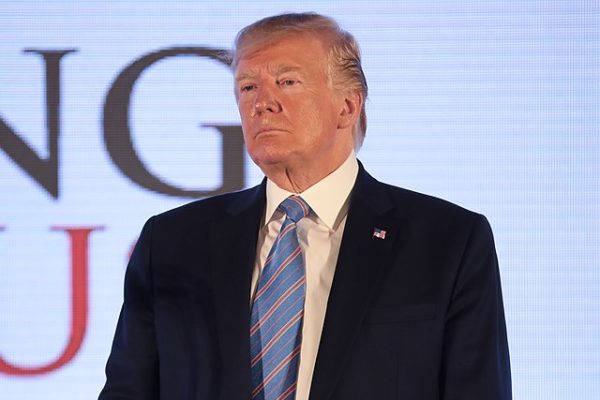
Disclosing he would seek a “very simple” deal focusing on Iran’s nuclear weapons program and its stockpile of ballistic missiles, Trump said his administration is “not looking for regime change in Iran.”
In the wake of Trump’s comments, U.S. Secretary of Defence Mark Esper seconded Trump’s approach. As he said, “We are not seeking conflict with Iran. We want to engage with them diplomatically.”
If a Trump-Rouhani meeting takes place, it could well occur in New York City next month when the United Nations’ General Assembly convenes. Six years ago, Trump’s predecessor, Barack Obama, spoke to Rouhani by telephone. They were unable to arrange a meeting.
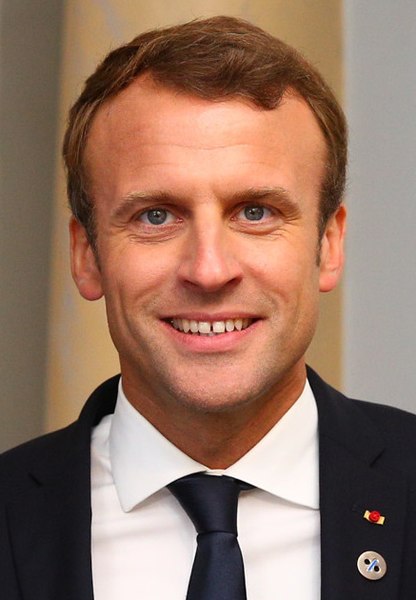
Trump’s comments, delivered at a joint press conference with French President Emmanuel Macron during the Group of Seven summit in Biarritz, France, alarmed Israel and conservative Sunni Arab states, which are extremely wary of Iran’s regional ambitions and its alliances with radical organizations like Hezbollah, Hamas and Islamic Jihad.
Trump’s conciliatory remarks, coming after an unsettling upsurge of tensions that unfolded between the United States and Iran in May and June in the Middle East, were in keeping with his oft-repeated claim that he would be prepared to talk to Rouhani without preconditions.
For all his bluster directed at Iran, Trump may be serious about engaging the Iranian regime in talks. He is that kind of a negotiator.
Last year, following a tense period of sabre-rattling and verbal insults, Trump conferred with his avowed enemy, Kim Jong Un, the leader of North Korea, thereby becoming the first American president to deal directly with the hermit kingdom.
Trump may well imagine he can forge a similar rapprochement with Iran, which has been America’s — and Israel’s — ardent adversary since the 1979 Islamic revolution.
From the moment he entered the White House, Trump adopted a hard line toward the Iranian regime. Last year, much to Israel’s satisfaction, he pulled out of the 2015 Iran nuclear agreement, which froze Iran’s nuclear program in exchange for billions of dollars of sanctions relief.
Claiming it was the worst deal ever signed by the United States, Trump said it essentially allowed Iran to preserve its nuclear infrastructure, glossed over its malign activities in the region, and permitted Iran to build up its missile capability.
Much to Trump’s consternation, the co-signers of the deal — Britain, France, Russia, China and Germany — have remained in it.
So, too, has Iran.
After withdrawing from the agreement, the Trump administration launched a campaign of “maximum pressure” on Tehran, reimposing crippling sanctions with a view to stopping its vital oil exports, the lifeblood of its economy.
Iran, in turn, broke some of its commitments with respect to nuclear enrichment and reportedly attacked six oil tankers in the Persian Gulf.
As a result, the United States dispatched a battery of Patriot missiles to the region and sent an aircraft carrier to the Strait of Hormuz, through which one-third of the world’s sea-borne oil passes. The United States also disabled an Iranian data base that had been used to strike oil tankers in the Persian Gulf.
After Iran shot down an American drone in the vicinity of the Strait of Hormuz, Trump ordered, then called off, retaliatory strikes. Since then, passions have cooled to some extent, but the United States’ bitter and protracted conflict with Iran remains intact.
Despite Trump’s apparent willingness to enter into direct negotiations with Iran, they may not materialize. Hardliners in the United States, Iran, Israel and the Arab world are content with the status quo.
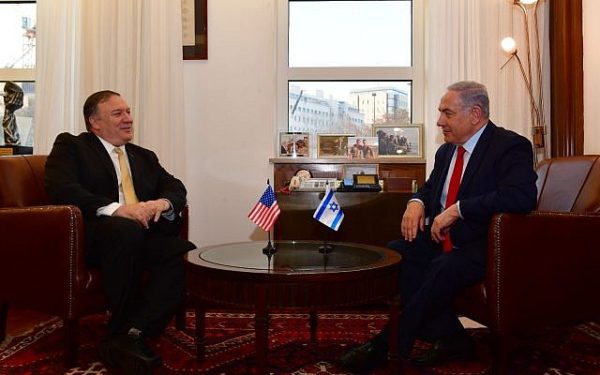
Mike Pompeo, the U.S. secretary of state and an opponent of the Iran nuclear agreement, delivered a speech last year in which he demanded 12 sweeping concessions from Iran before talks can begin. It would be very surprising if Iran accepted them.
Pompeo’s demands are rigorous: Iran must give the International Atomic Energy Agency a full account of the military dimensions of its nuclear program and must verifiably abandon such work. Iran must cease all uranium enrichment, never pursue plutonium reprocessing, and close its heavy water reactor. Iran must open all its nuclear facilities to international inspections. Iran must scrap its ballistic missile program. Iran must stop supporting organizations like Hezbollah, Hamas and Islamic Jihad. Iran must withdraw all forces in Syria under its command. Iran must stop threatening its neighbors, principally Israel and Saudi Arabia.
John Bolton, Trump’s national security adviser, is another top-level official who views negotiations with Iran with a large dose of skepticism. A proponent of regime change in Iran, he is record as saying,“The declared policy of the United States should be the overthrow of the mullahs’ regime in Tehran.”
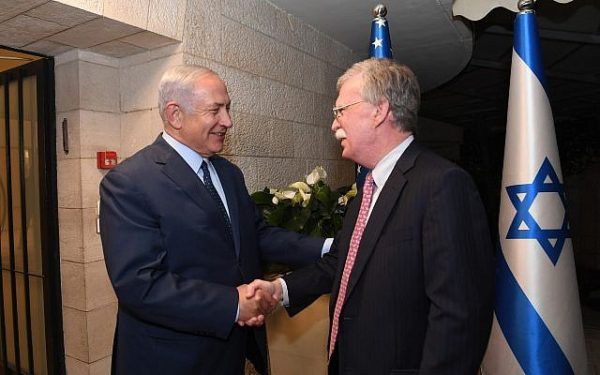
Several days ago, he said, “Talking with them (Iran) does not imply (that) President Trump is changing (his) position, and the idea that Iran would receive some tangible economic benefit merely for stopping doing things it shouldn’t have been doing in the first place is just a nonstarter. If there is a comprehensive deal then, of course, the sanctions will come off at some point. When the regime in Iran is ready to talk about that then there’ll be a meeting.”
Iran has its own set of demands.
Initially, Rouhani said he would be open to a meeting with Trump. But on August 27, he amended his policy. As he put it, “In the relations between Iran and the U.S., we will not witness any positive developments unless the U.S. abandons the sanctions and corrects the wrong path it has chosen. The key to positive developments is in Washington’s hands.”
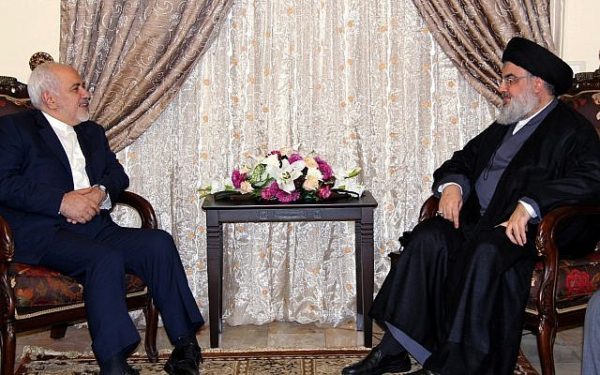
Iran’s foreign minister, Mohammed Javad Zarif, whom Macron invited to the Group of Seven summit, said that talks will only be possible if the United States rejoins the nuclear agreement and jettisons its sanctions.
Iran’s supreme leader, Ayatollah Ali Khamenei, has repeatedly rejected Trump’s overtures. This means that Rouhani and Zarif — who has been personally targeted by U.S. sanctions — cannot proceed on the diplomatic track unless they receive his personal approval.
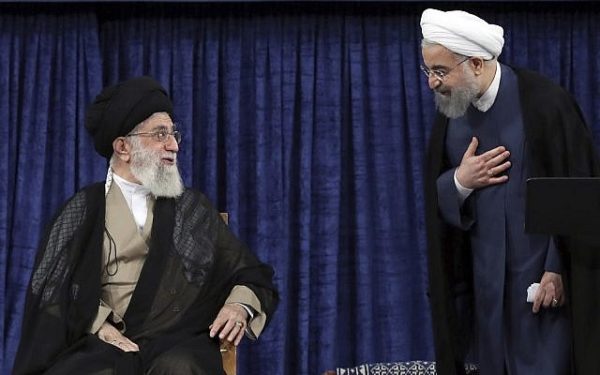
According to reports, Israeli Prime Minister Benjamin Netanyahu would be uncomfortable with a Trump-Rouhani meeting. Netanyahu, a strident foe of the nuclear agreement, wants the United States to revamp it and impose still more stringent sanctions against Iran.
Saudi Arabia and the United Arab Emirates, two of Washington’s key Arab allies, have endorsed Trump’s vigorous Iran policy. But they would be less than pleased if he reversed course and created a new political equation in the Middle East.
For all these reasons, a Trump-Rouhani meeting seems unlikely.
